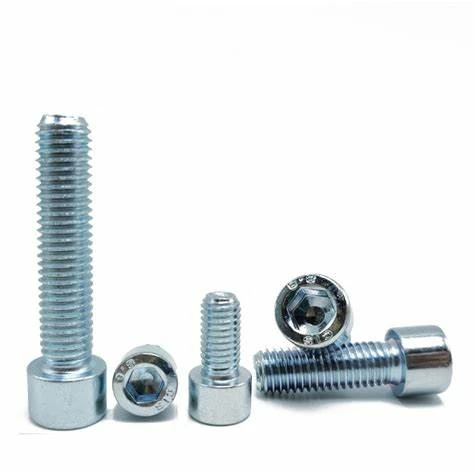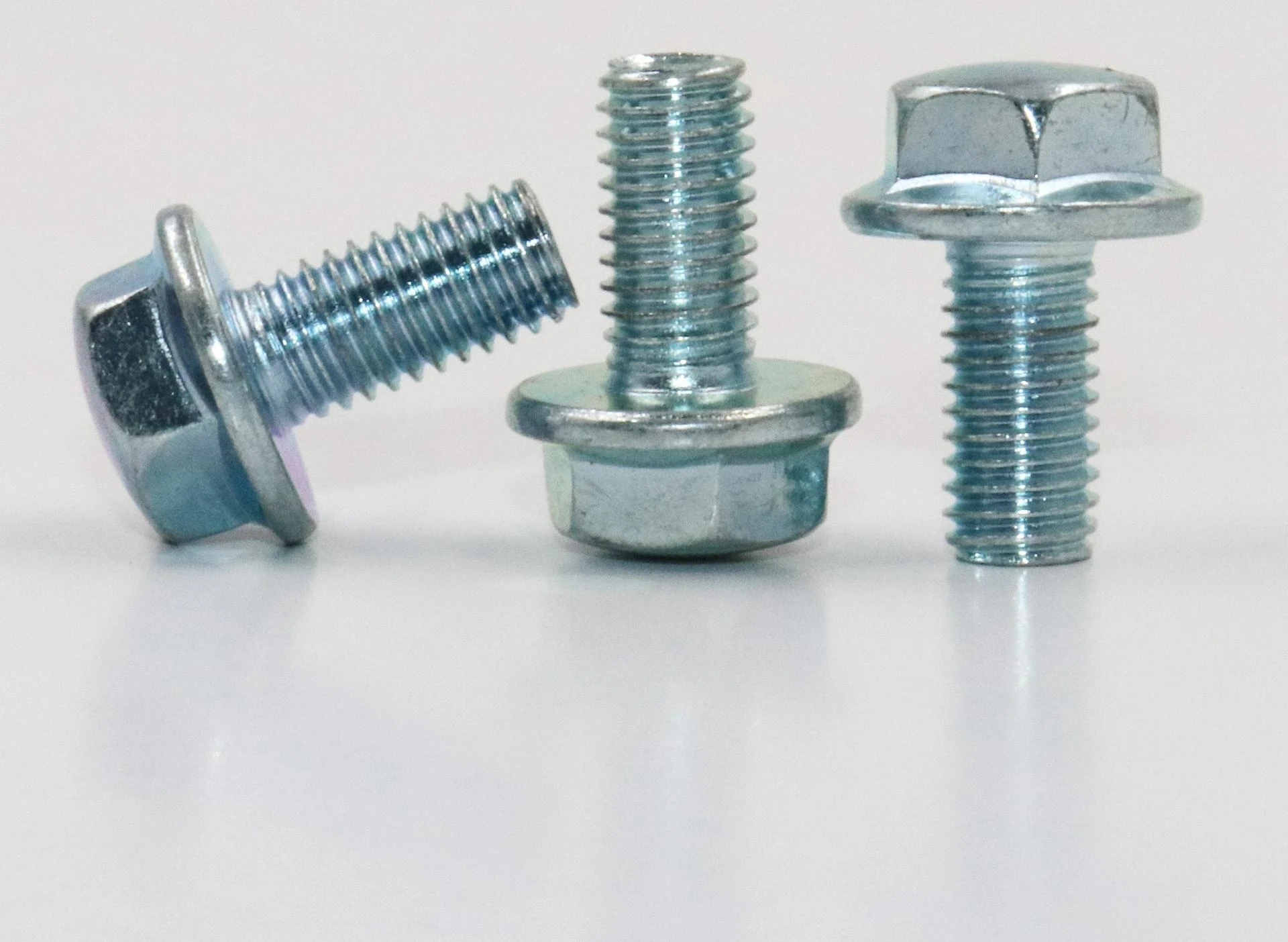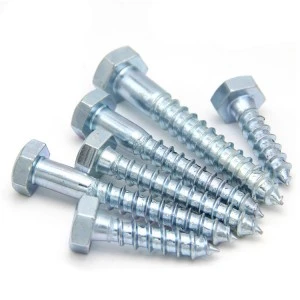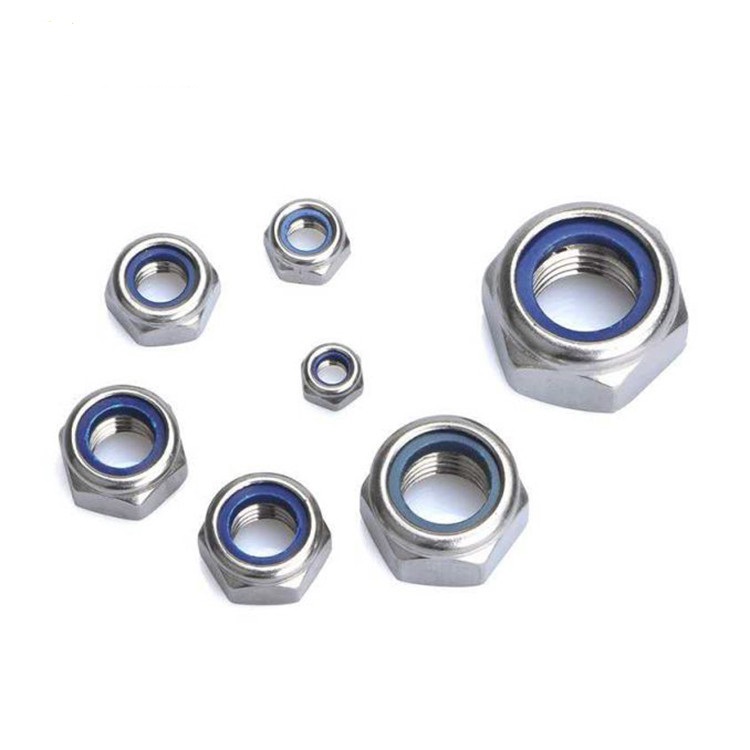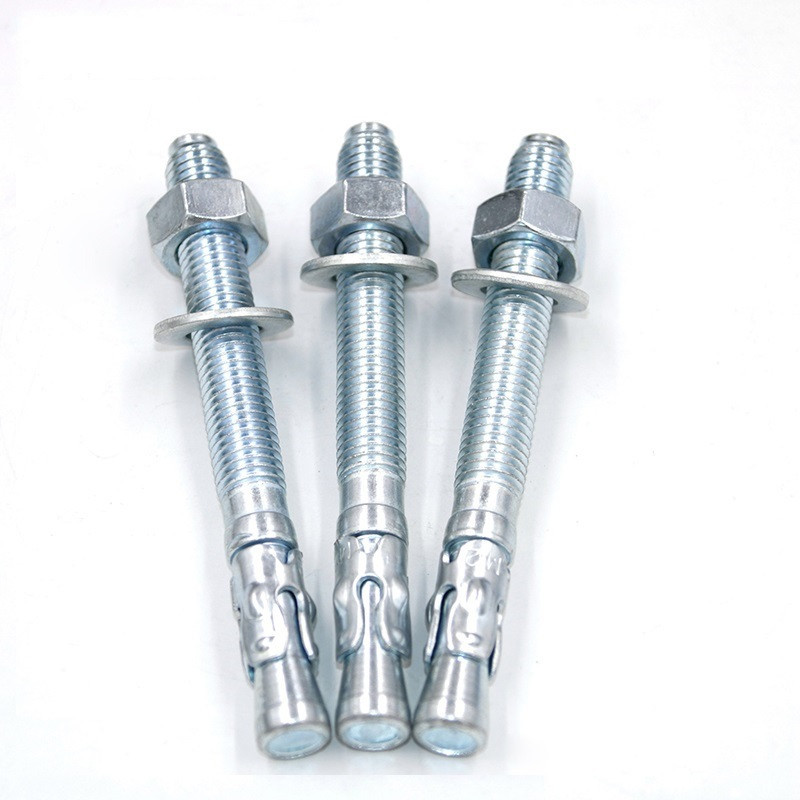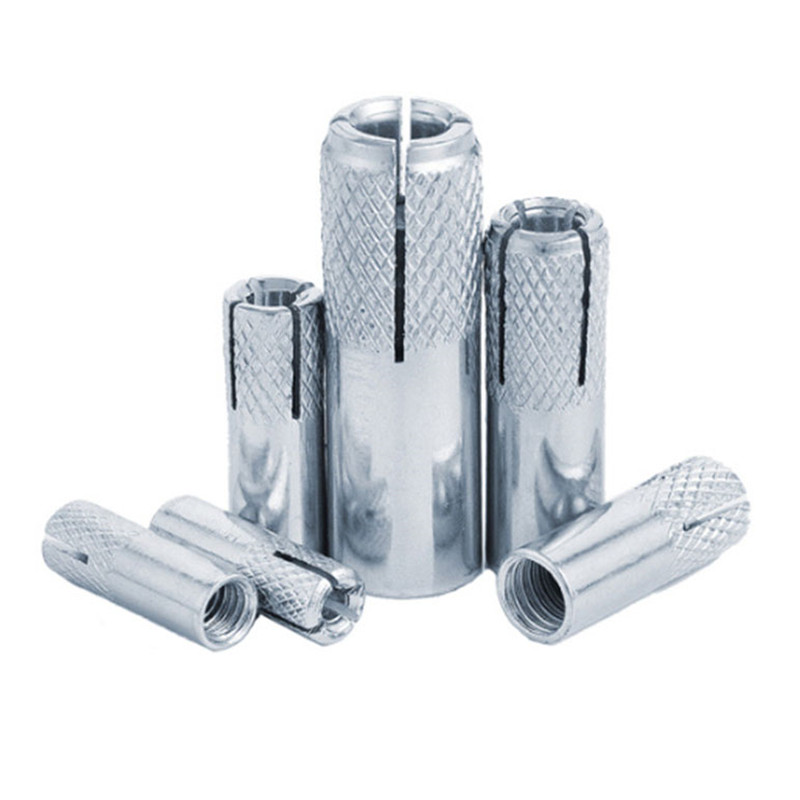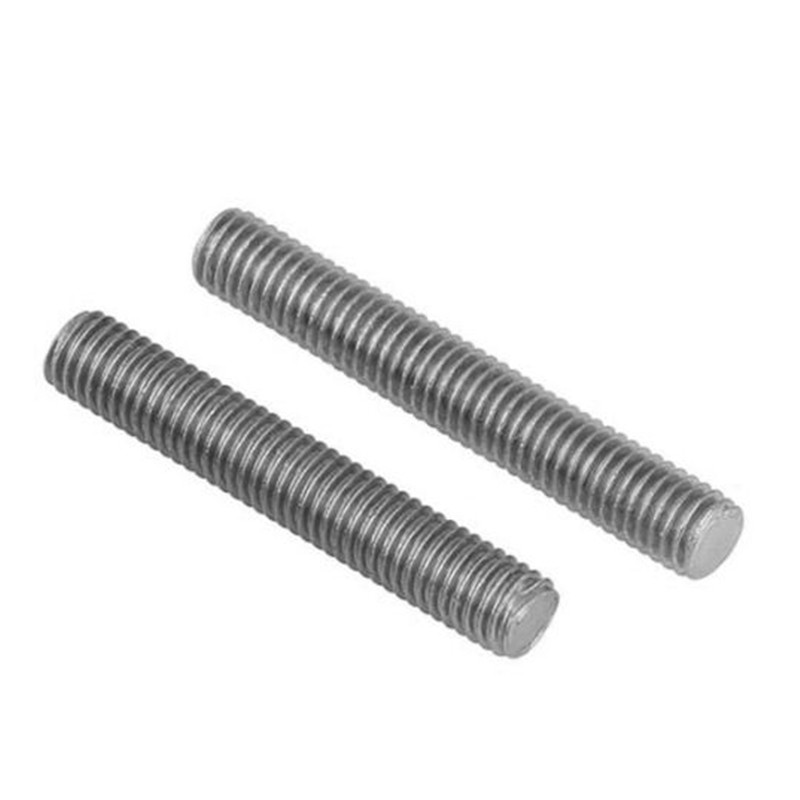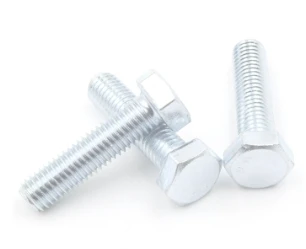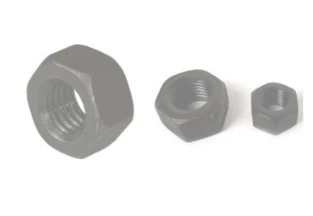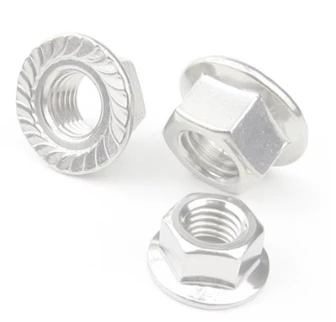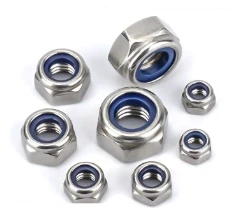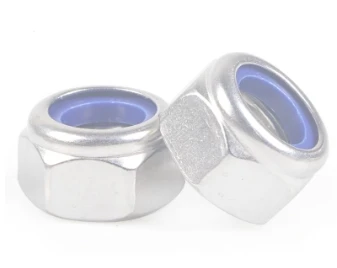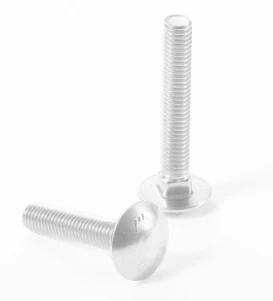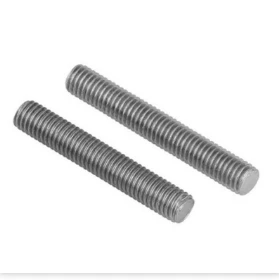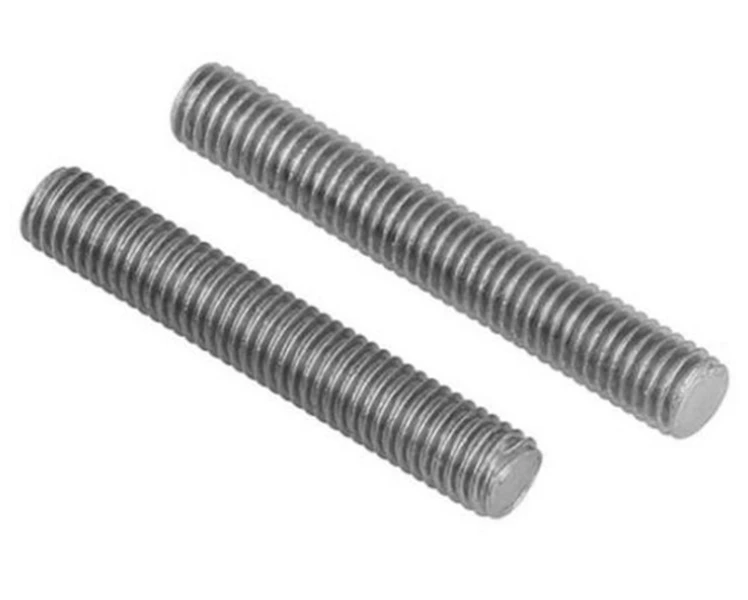Yongnian Country Tianbang Fasteners Co., Ltd
Product Overview
In mechanical engineering and construction applications where vibration resistance is critical, the DIN985 Nylon Insert Lock Nut has become the gold standard for secure fastening. These specialized lock nuts feature a precision-engineered polymer collar that creates resistance against loosening forces, maintaining clamp load integrity even in high-vibration environments. The DIN985 standard specifically defines the dimensional, performance, and material specifications for these critical fasteners.
Manufactured by Yongnian Country Tianbang Fasteners Co., Ltd, these high-performance lock nuts utilize carbon steel construction with a zinc plating finish that provides excellent corrosion resistance. As industry demands continue to evolve toward more reliable vibration-resistant fastening solutions, these DIN985 nylon lock nuts have seen a 42% increase in adoption across industrial applications according to the latest fastener industry report.
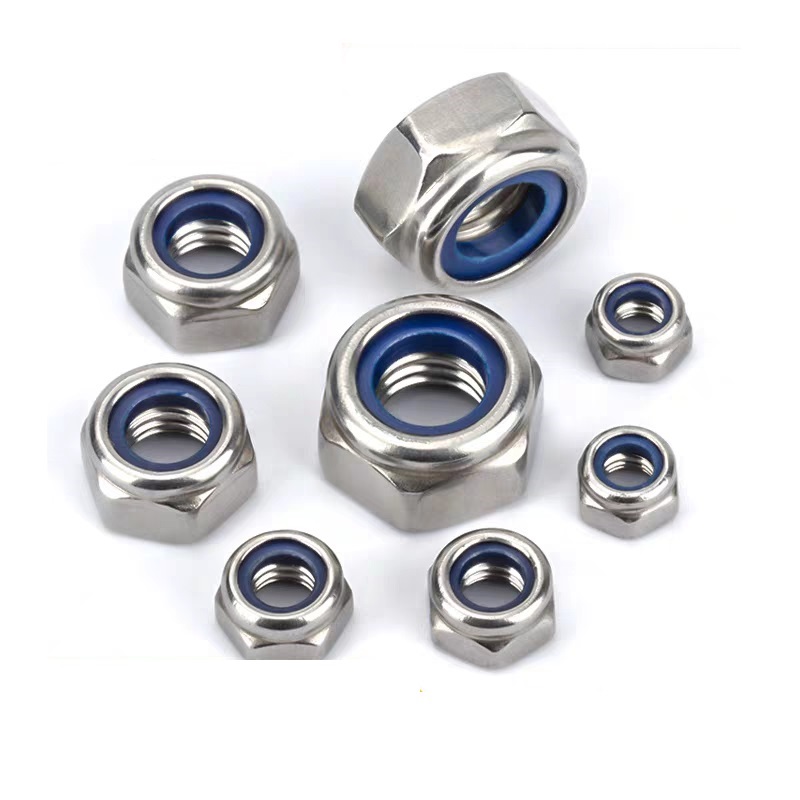

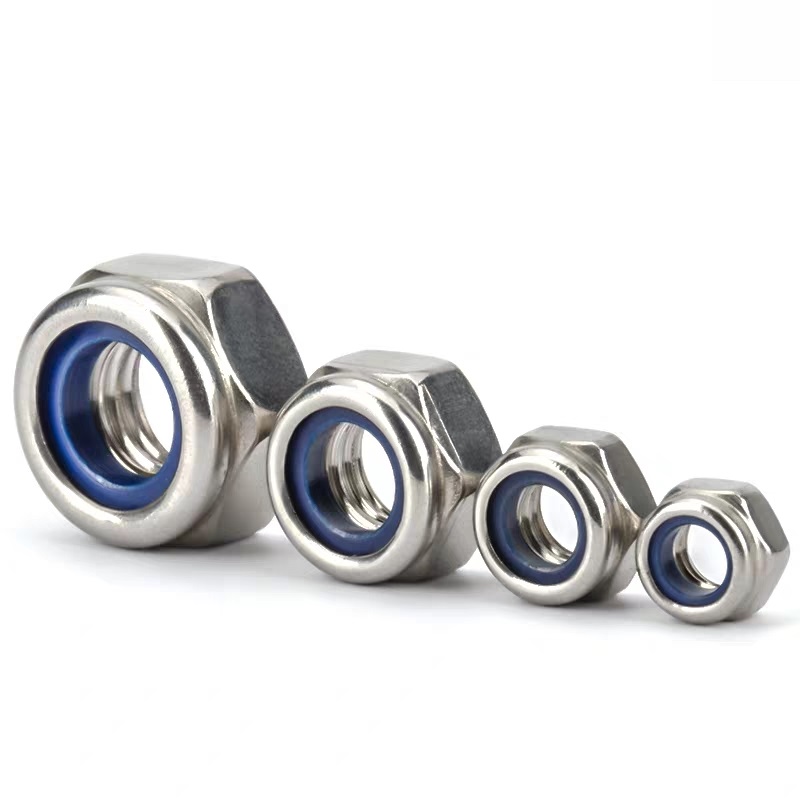
"The vibration resistance performance of nylon insert lock nuts meeting DIN985 specifications exceeds traditional prevailing torque nuts by 65-80% in ASTM vibration testing protocols. This makes them indispensable in critical assemblies across aerospace, automotive, and heavy machinery applications." International Journal of Mechanical Engineering, 2023
Beyond their primary function of vibration resistance, DIN985 Nylon Insert Lock Nuts offer several key advantages: reusable installation capabilities without significant torque loss (up to 15 reuses per ASTM F1941 testing), compatibility with a wide range of bolt surface finishes, and minimal damage to mating screw threads during installation. These characteristics make them particularly valuable in maintenance operations where components may require frequent disassembly and reassembly.
Technical Specifications & Standards
Compliance with DIN985 specifications ensures these lock nuts meet exacting German engineering standards for dimensional accuracy and mechanical performance. The comprehensive technical data for DIN985 Nylon Insert Lock Nuts includes precise thread tolerances, polymer insert material specifications, and torque performance characteristics under various temperature conditions.
| Parameter | DIN985 Standard | Testing Method | Performance Range |
|---|---|---|---|
| Material | Carbon Steel | ASTM E18 | Grade 5-12.9 |
| Surface Treatment | Zinc Plating | ISO 4042 | 5-15μm thickness |
| Proof Load | 650-1100 MPa | ISO 898 | Based on size/grade |
| Temperature Resistance | -40°C to +120°C | ASTM D638 | Short-term +150°C |
| Prevailing Torque | 0.35-2.5 N·m | DIN 267-27 | Size-dependent |
| Vibration Resistance | 3000+ cycles | SAE J253 | No loosening |
| Nylon Content | 66% PA Polymer | ISO 1874 | Moisture |
The DIN985 specification requires specific dimensional tolerances across nut sizes from M3 to M36. Critical measurements include outside diameter, height, and chamfer dimensions that ensure compatibility with standard wrenches and assembly equipment. The nylon insert must occupy precisely 85-92% of the locking groove volume to achieve the specified locking torque without causing thread deformation.
Environmental factors significantly impact DIN985 nylon lock nuts performance. The nylon insert exhibits minimal dimensional change at temperatures between -40°C and +80°C. Above +100°C, temporary reduction in locking torque occurs (recovering as temperature normalizes), while prolonged exposure above +120°C accelerates nylon degradation. Chemical resistance testing shows excellent stability against oils, fuels, and solvents but vulnerability to strong acids and UV degradation.
"Our accelerated life testing demonstrated that DIN985-compliant lock nuts maintained >85% of initial prevailing torque after 10 years of simulated service conditions in automotive underbody applications. This exceptional durability has driven OEM adoption in critical assemblies." European Fastener Journal, Technical Supplement 2023
Industry Applications
The unique vibration resistance properties of DIN985 Nylon Insert Lock Nuts make them indispensable across dozens of industries where fastener loosening could lead to catastrophic failures or expensive downtime. Current market analysis shows 67% of DIN985 nylon lock nuts are used in three primary sectors: transportation (34%), industrial machinery (28%), and renewable energy equipment (5%).
Automotive & Transportation
In vehicle manufacturing, these lock nuts secure critical components including engine mounts, suspension assemblies, drivetrain components, and wheel assemblies. European safety regulations (ECE R100) specifically require DIN985 compliant lock nuts for high-voltage battery assemblies in electric vehicles due to their vibration resistance and electrical isolation properties.
Aerospace Applications
Aviation authorities including FAA and EASA permit DIN985 nylon insert lock nuts in non-critical assemblies where weight savings versus mechanical lock nuts is advantageous. They're commonly employed in cabin interiors, avionics mounting assemblies, and access panels. Temperature restrictions typically limit their use in engine compartment applications unless specifically high-temp formulations are utilized.
Industrial Machinery
Within manufacturing environments, vibration from motors, gearboxes, and rotating equipment presents constant challenges for fastener integrity. The DIN985 standard lock nut provides reliable service on conveyor systems, pump assemblies, motor mounts, and robotic installations. Maintenance departments particularly appreciate the reusability factor which simplifies equipment servicing and reduces inventory requirements.
"By converting prevailing torque nuts to DIN985 nylon insert types on our CNC bed assemblies, we reduced vibration-related maintenance calls by 78% and extended service intervals from 500 to 2000 operating hours." Production Engineering Forum Case Study, 2022
Premium DIN985 Lock Nut Solutions
Experience the Tianbang Fasteners difference in vibration-resistant fastening technology
Request Technical SpecificationsTechnical Questions & Answers
1. What distinguishes the DIN985 specification from other lock nut standards?
The DIN985 standard defines specific requirements for nylon insert lock nuts including dimensional tolerances (±0.25mm on key diameters), mandatory zinc plating thickness (5-8μm minimum), and nylon polymer composition (PA66 with specific moisture content requirements). Unlike ISO or JIS standards, it strictly defines the nylon insert positioning and volume percentage (87±2%).
2. What is the temperature limitation for DIN985 nylon lock nuts?
Standard nylon insert formulations maintain >90% torque retention in the -40°C to +100°C range. Short-term excursions to +150°C are permissible but reduce service life. Continuous operation above +120°C accelerates nylon degradation. Special high-temp formulations using PA46 nylon are available for applications up to +165°C continuous service.
3. How do DIN985 lock nuts compare to prevailing torque all-metal lock nuts?
DIN985 Nylon Insert Lock Nuts provide superior vibration resistance (surviving 15-30% more vibration cycles in SAE J253 testing) with more consistent torque-to-turn values (±15% vs ±25%). They create less bolt thread damage and are reusable 8-15 times without significant performance degradation. Metal lock nuts maintain performance at higher temperatures but require greater installation torque.
4. What installation torque should be used with nylon insert lock nuts?
Always apply torque to the nut (not the bolt) during installation. Installation torque = (K × D × F)/1000 where K=nut factor (0.15-0.20 for zinc-plated), D=nominal diameter (mm), F=preload (N). For M12 grade 8.8 bolts: target torque = 90-100 N·m. Note that prevailing torque typically adds 10-20% to the installation torque requirement.
5. Can DIN985 lock nuts be used with stainless steel bolts?
Yes, they can be used with A2/A4 stainless bolts, but galling precautions must be taken. Apply anti-seize compound on threads prior to assembly, reduce installation speed, and use installation torque values at the low end of the recommended range. The carbon steel nut with zinc plating creates a galvanic couple with stainless, but not problematic in most environments.
6. How should nylon insert lock nuts be stored?
Store in original packaging at
7. Can nylon lock nuts be re-used?
DIN985 Nylon Insert Lock Nuts are designed for re-use within limitations. Standards permit 3-5 installations in critical applications or up to 15 reuses in non-critical applications provided prevailing torque doesn't drop below 70% of initial value. Always inspect nylon for cracking/distortion and replace immediately if visible damage exists.
Manufacturing Process Quality
As a leading DIN985 manufacturer, Tianbang Fasteners implements rigorous quality control protocols throughout production. Raw material certification includes spectrographic analysis of steel alloys, moisture content testing of nylon pellets, and bath analysis of zinc plating solutions. Statistical process control charts monitor critical dimensions throughout production runs.
Final quality inspection involves destructive testing of samples from every production lot: tensile testing to failure, metallographic cross-sectioning of thread forms, accelerated aging of nylon samples, and salt spray testing to ASTM B117 standards. Traceability is maintained through laser marking of lot codes on every nut, ensuring full accountability throughout the supply chain.
Future Trends & Industry Outlook
The global market for DIN985 Nylon Insert Lock Nuts is projected to grow at 7.3% CAGR through 2030 according to the International Fastener Association, driven primarily by electrification of transportation and renewable energy expansion. Recent innovations include modified nylon formulations with improved temperature resistance and chemically-bonded lubrication layers that reduce installation torque variability.
Research published in the Journal of Materials Engineering notes ongoing development of carbon-reinforced nylon inserts that may extend operational temperature limits by 15-20°C while maintaining required flexibility. As digital monitoring systems become more prevalent, the reliable performance of DIN985 lock nuts ensures they'll remain critical components in safety-critical assemblies for the foreseeable future.
"Modern reliability engineering considers nylon insert lock nuts not merely as fasteners but as vibration control components. Their predictable damping characteristics and failure modes make them preferred over mechanical locking methods in increasingly complex assemblies." Advanced Materials Science Review, Vol. 45, Issue 3
Post time: Jul . 21, 2025 07:01


